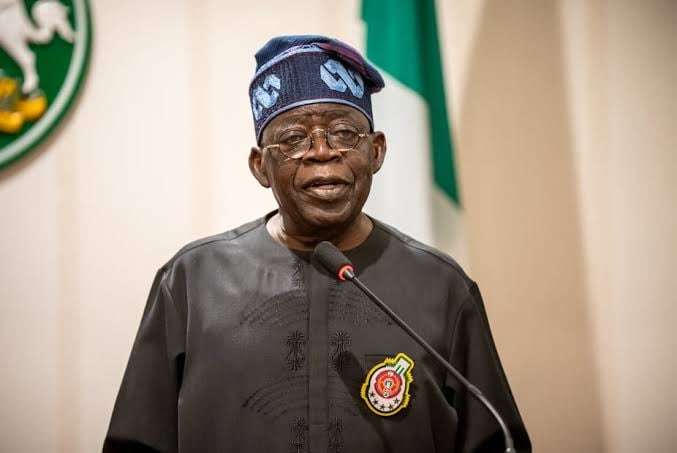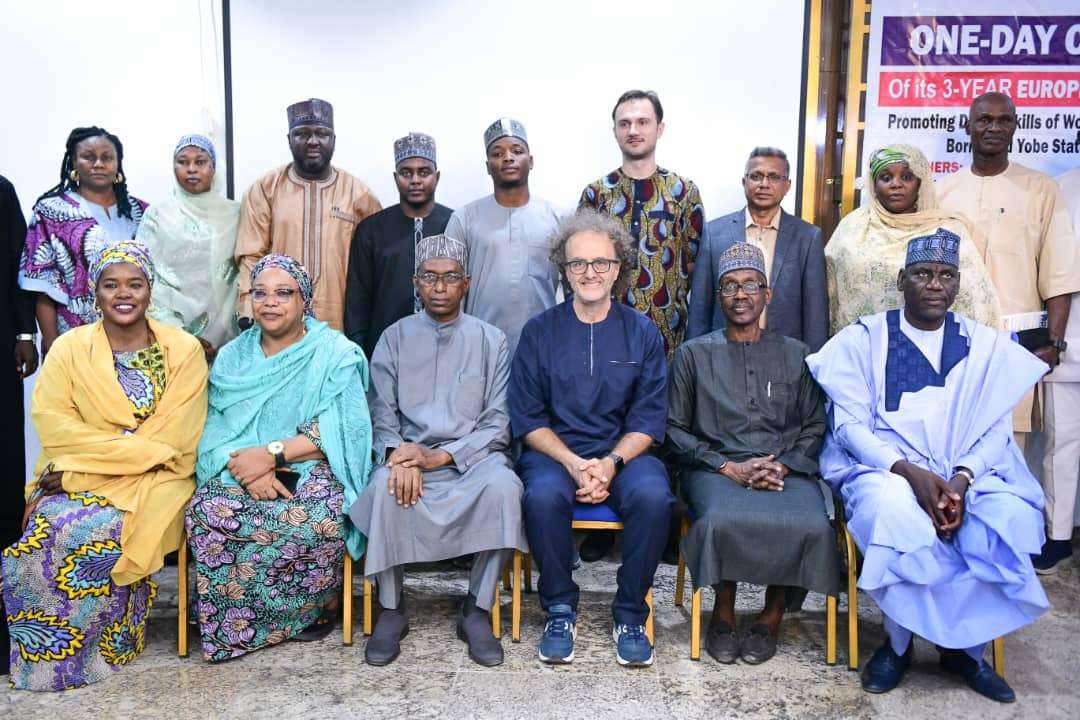By Lemmy Ughegbe, Ph. D
The Port Harcourt Refinery’s operational resumption in December 2024, announced by NNPC Ltd, signified a critical development for Nigeria’s energy industry. The accomplishment, expected to lessen reliance on imported refined petroleum, received further confirmation from Nigerian Labour Congress (NLC) and Petroleum and Natural Gas Senior Staff Association of Nigeria (PENGASSAN) on-site assessments.
Those bodies, NLC and PENGASSAN, verified the refinery was operating, highlighting visible progress in its refining processes. Even after verification, false narratives about the refinery’s capabilities spread, implying malicious intent to undermine NNPC Ltd and Nigeria’s energy security.
The Port Harcourt Refinery, encompassing its 1965 (60,000 barrels/day) and 1989 (150,000 barrels/day) plants, lay dormant for years and was eventually abandoned. However, following extensive repairs, a part of the refinery resumed operations on November 26, 2024, greatly assisting Nigeria’s aim of decreasing its dependence on imported petroleum. NLC President, Comrade Joe Ajaero, PENGASSAN President Festus Osifo, and other labour leaders visited the refinery and confirmed it was operational. Comrade Ajaero stated unequivocally, “When there was an increase in the pump price of petroleum products, part of the agreement we had with the Federal Government was that this refinery must work. And now that it is working, it is our duty to come here to confirm that it is working.”
Critics, ignoring evidence and stakeholder statements, falsely claimed the refinery was inoperable despite confirmation otherwise. Olufemi Soneye, NNPC Ltd’s Chief Corporate Communications Officer, rejected the claims, calling them baseless and intended to manipulate the market to harm Nigerians. Soneye strongly stated that the public should disregard the false reports meant to manipulate prices and cheat Nigerians. Before the propaganda had even started, Soneye, while announcing the resumption of operations at the Portharcourt refinery, was upfront and honest enough to say the refinery was functioning at sixty (60%) percent capacity.
The continued spread of misinformation raises serious questions about the motives of those behind it. Is this part of a scheme by private companies to dominate the industry by sabotaging NNPC Ltd? Certain actors, potentially with financial ties to the oil import industry, might be sabotaging public confidence in Nigeria’s national oil company to maintain Nigeria’s reliance on imported fuel.
The online spread of a video contrasting Dangote Refinery and NNPC Ltd petrol followed a familiar propaganda pattern. A false video claiming Dangote Refinery fuel extends generator lifespan longer than NNPC’s fuel was spread to damage NNPC’s reputation. Upon closer inspection, the purported experiment proved to lack scientific rigour, transparency, and independent verification. The video showed bias by promoting one product over another without fair testing. Observations by independent analysts revealed inconsistent container fills and manipulated experimental conditions, suggesting pre-determined results.
Independent fact-checking by PRNigeria and SolaceBase revealed the video was deceptive and intended to manipulate public opinion. The video’s claims were unverified, as they lacked certified lab testing, according to their observations.
Moreover, petroleum engineering and chemistry specialists deemed the methodology unprofessional and lacking scientific rigour, stressing the necessity of stringent controls, blind testing, and reproducible results for reliable comparisons.
NNPC Ltd. promptly and resolutely rejected these false accusations. The deliberate spreading of false information to damage NNPC’s reputation prompted a statement of serious concern from CEO Mele Kyari. Kyari issued a warning that the company would take legal action against those responsible for deliberately spreading false narratives to the public. He reaffirmed NNPC Ltd’s commitment to stringent regulatory standards and globally recognised quality benchmarks in petroleum products.
A misleading fuel comparison video is fanning the flames of the refinery restart controversy, which underscores attempts to sabotage Nigeria’s national oil company. A trend is emerging: NNPC Ltd.’s achievements are being sabotaged by narratives intended to create distrust within Nigeria. The reasons for the attacks on the institution crucial for national energy security deserve scrutiny. Does this opposition arise from real worries about product quality and refinery processes, or is it a strategic play to diminish NNPC Ltd’s influence in oil and gas?
Understanding this dynamic requires considering the larger economic and geopolitical context. Historically, Nigeria’s oil sector’s downstream has been dominated by importers, who gained substantially from fuel imports because of large profit margins and government subsidies. The reopening of the Port Harcourt refinery and the planned launch of other state-run refineries could cause these parties to lose billions in revenue. If the NNPC Ltd. functioned fully, including all its refineries, it would challenge the dominance of fuel importers who profit from Nigeria’s dependence on imported refined petroleum products.
Furthermore, the deliberate falsification of information regarding NNPC Ltd.’s activities reflects a typical strategy in corporate and political propaganda—suppressing competitors to maintain dominance. Negative portrayals of NNPC Ltd’s inefficiency and corruption, by certain entities, aim to promote private sector dominance and reduce the company’s role. This raises critical questions about the long-term impact of misinformation and the necessity of a strong, independent, and resilient national oil company prioritising national interests over private gain.
Nigerians need to recognise these tactics for what they are and push for truthful, evidence-backed discussions regarding the nation’s energy future. The Port Harcourt Refinery’s rehabilitation, Warri and Kaduna refinery upgrades, and NNPC Ltd’s expanding presence in the local petroleum market show progress in the right direction. These efforts deserve support, not unfair criticism based on false information. Nigerians, policymakers, and stakeholders must remain constantly vigilant to protect national assets from manipulation by false narratives and propaganda.
Overcoming these challenges requires NNPC Ltd. to prioritise transparency, efficiency, and public communication, which Mr Soneye is doing a great job at. Proactive engagement, consistent updates, and independent refinery assessments should be promoted to combat misinformation effectively. Furthermore, regulatory agencies such as the Nigerian Midstream and Downstream Petroleum Regulatory Authority (NMDPRA) need to strengthen their actions against false claims to ensure consumers receive correct fuel information.
Nigeria’s quest for energy self-sufficiency hinges on NNPC Ltd. to safeguard its petroleum future. For it to succeed, it needs the backing of citizens, industry, and policymakers; not dishonest, self-interested campaigns. NNPC Ltd.’s strides in refining, product distribution, and national energy security warrant commendation and safeguarding against those who favour self-interest over national progress.
Lemmy Ughegbe, Ph.D, a Communication for Development Expert and Public Policy Influencer, writes from Abuja.
Email: lemmyughegbeofficial@gmail.com
WhatsApp ONLY: +2348069716645








